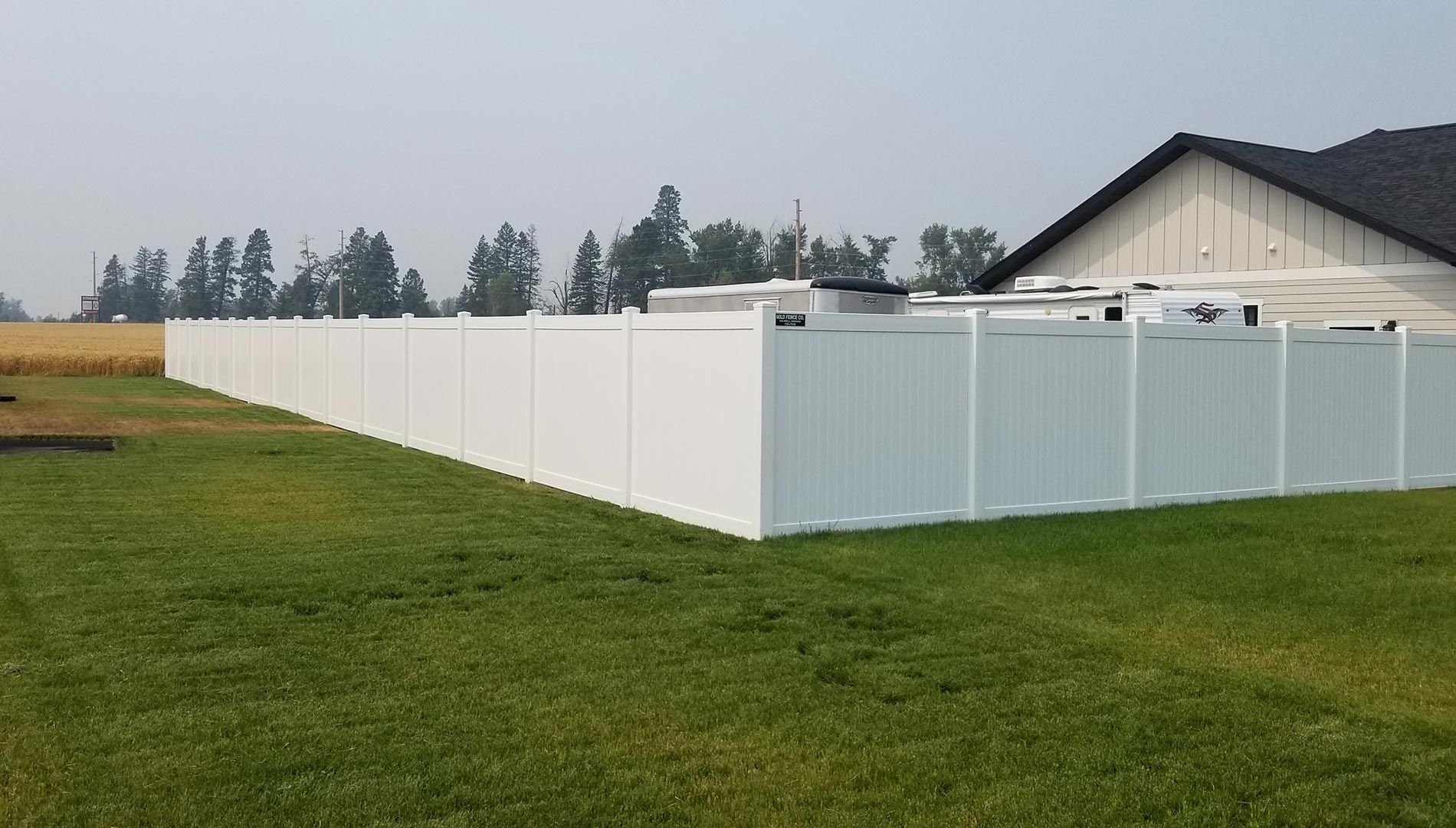Fence upkeep doesn’t always require expert help. With the proper tools and a little know-how, you can manage many standard issues yourself and save on repair costs. Here’s a simple guide to DIY fence care.
The Must-Have Tools for Fence Care
Before diving into fence maintenance, make sure you have the right tools on hand. Here's a list of essentials for most DIY fence care projects:
- Hammer – Ideal for fixing loose nails or damaged boards
- Screwdriver – Ideal for tightening screws on wooden or metal fences
- Post Level – Ensures your fence posts stay perfectly vertical
- Paint or Stain – Using paint or stain protects wood from the elements and prolongs its lifespan.
- Wire Cutters – Useful for trimming wire fences or cutting away tangled vines
Step-by-Step Fence Repair Guide
Repairing a Loose Board
Fixing a loose or damaged fence board is easy and quick. Here's how you can do it:
- Take out any loose nails or screws with a hammer or screwdriver.
- Reposition the board and fasten it with fresh nails or screws.
- If needed, reinforce the board with a corner bracket or additional support.
The Right Way to Stain and Seal Your Wooden Fence
Sealing and staining your wooden fence is crucial for protection against the elements and preserving its appearance:
- Begin with a thorough cleaning, ensuring you remove all dirt, debris, and mildew.
- Pick a stain or sealant that is designed for outdoor use.
- Apply evenly with a brush or sprayer, starting from the top and working your way down.
- Allow it to dry completely before putting the fence back to use.
Knowing Your Limits: When to Seek Help
Not every fence issue can be fixed with a DIY approach. While minor repairs like tightening screws or replacing boards are manageable, more complex problems may require a professional's expertise:
- If you notice significant structural damage, such as leaning posts or a sagging fence, it’s time to call a pro.
- Electric fences or high-security fences require specialized knowledge and should be handled by experts.
- When weather damage compromises the fence’s structure, it’s best to get professional assistance.
If you’re not sure if you can handle a repair, it’s always safer to contact a professional. This can prevent costly mistakes and frustration.
